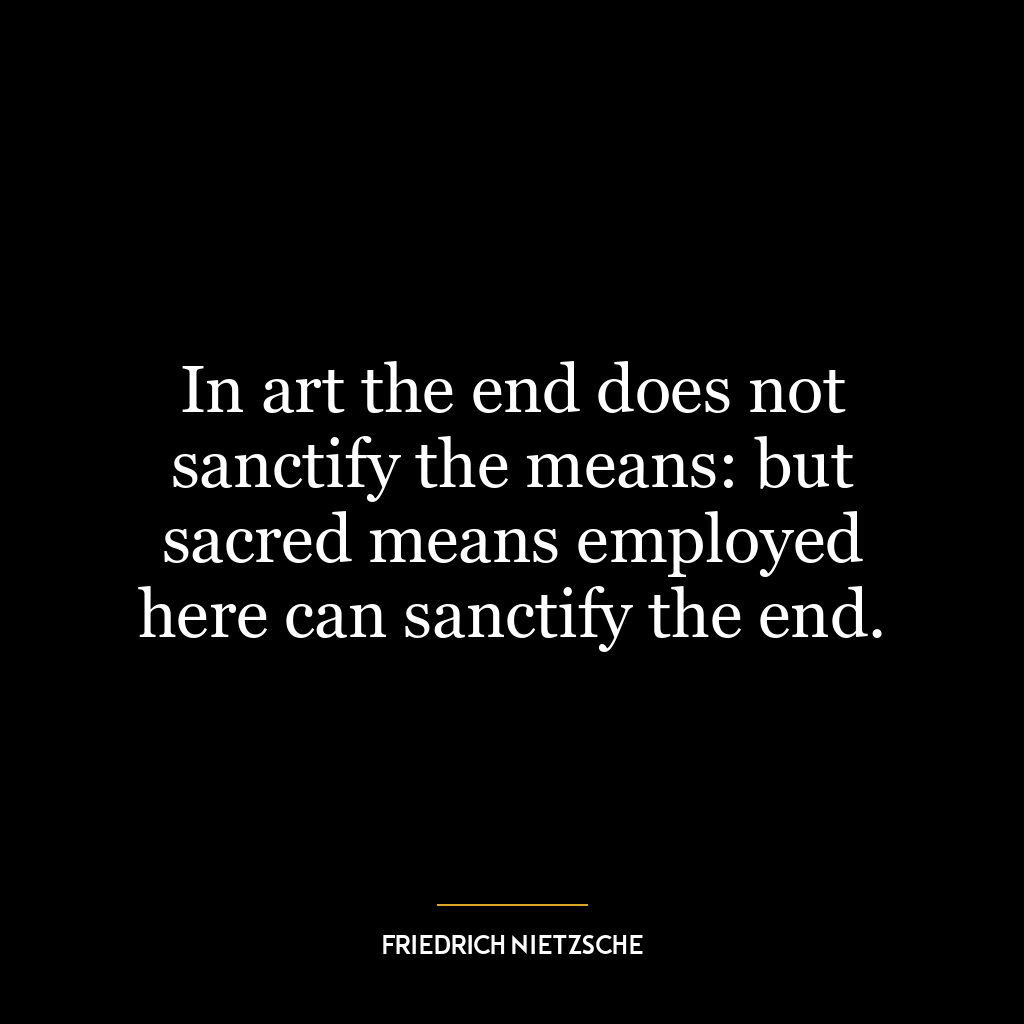Nothing once begun should be abandoned, unless it is proved to be morally wrong.
This quote suggests that once you have embarked on a task or project, you should see it through to the end unless it is proven to be morally incorrect. It emphasizes the importance of commitment and perseverance in any endeavor. The only acceptable reason for abandoning something once started, according to this notion, is if it contradicts ethical principles or values.
In essence, Gandhi is encouraging us not to give up on our pursuits simply because they are challenging or difficult. Instead, we should remain steadfast and resolute in our efforts. However, he also underscores the importance of moral integrity – if a task or project involves unethical practices or causes harm to others, then it should be abandoned.
Applying this idea in today’s world might look like persisting with a business venture despite initial failures and setbacks but opting out if the business were found to be engaging in unethical practices such as exploitation or deceit.
In personal development terms, this could mean sticking with a new habit you’re trying to cultivate (like regular exercise) even when progress seems slow. But if continuing with the habit proves detrimental – say exercising excessively leading to health issues – then it would be morally right for your own well-being to abandon that course.
It’s about understanding that success often requires persistence and resilience but also recognizing that there are moral boundaries which shouldn’t be crossed just for the sake of completion.








